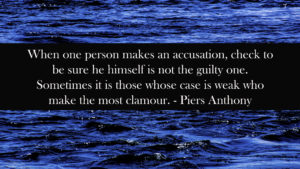 Scripture is full of examples of false accusations, be they against David by the words of Saul, Yeshua/Jesus subject to the lies of the Sadducees, or Paul at the mercy of the agendas of his many accusers, and quite a few others. In cases such as these, Piers Anthony’s quote is very apt, but we mustn’t always imagine that the person making the accusation is consciously aware that they are in the wrong–we are stunningly talented at fooling ourselves into thinking we are martyrs when we are actually the persecutors, right when we are wrong, and thinking clearly when we are emotionally distraught.
Scripture is full of examples of false accusations, be they against David by the words of Saul, Yeshua/Jesus subject to the lies of the Sadducees, or Paul at the mercy of the agendas of his many accusers, and quite a few others. In cases such as these, Piers Anthony’s quote is very apt, but we mustn’t always imagine that the person making the accusation is consciously aware that they are in the wrong–we are stunningly talented at fooling ourselves into thinking we are martyrs when we are actually the persecutors, right when we are wrong, and thinking clearly when we are emotionally distraught.
Social media has added an entirely new aspect to how effectively a person can be accused, and believed the worst of, with no proof offered whatsoever. But we must always remember that no proof is no proof, and an accusation without proof is empty. Hearsay is still just hearsay, and people’s words against another can be colored by all sorts of things – outright lies, competing agendas, dreadful misunderstandings, envy, jealousy, bad reactions to a new medication, and even mental illness (chronic or temporary). To judge or become angered against another person based on social media accusations (and fake or biased news, or just anything that you have to take on faith in the word of another without first-hand proof, for that matter) is a terrible trap of the flesh. It is wrong to believe and act upon accusations without hearing out the other side and especially without demanding proof. We have become people who often don’t even want to hear proof–our flesh enjoys a “good” accusation.
In the Torah, in various places, there were protections in place to shield people from false accusations–protections that are no longer in place, nor are they honored. In American culture, we value freedom of expression far above responsibility and truth in speech. An opinion, sadly, is rarely discerned by its holder as being different from the truth–and our opinions are all too often tainted by emotion and ego.
We live in a world of dreadfully hurting people who sometimes lash out rashly for reasons that they don’t even understand–but that doesn’t stop them from feeling they are right to do so. We correspond with the mentally ill without even suspecting it because such things are easily hidden online. People will often mistake the natural consequences of bad behavior for persecution. Truly, unless we are witnesses to an event, and the whole event, including any history leading up to it as well as things that happen behind the scenes, we don’t know enough to bear hatred in our hearts against another. And even if we do know the backstory, we still dare not hate–we are called to love and compassion.
People lie. Believers lie. Sometimes they are so wrapped up in self-protection that they don’t even realize they are coloring the story to make themselves the victim when they were actually the aggressor. Mental illness can come on without being noticed, or traumatic brain injuries. When we see an accusation, we have to be very careful. We cannot afford to encourage casual accusation by simply taking it at face value and egging it on through condolences when we don’t even know for certain that anything happened–we see that very thing halting the progress of the Gospel in the Scriptures. Are we no different than the Ephesian pagans rioting and crying out in defense of Artemis? No matter how much we might like someone, people are capable of terrible falsehoods when they feel backed into a corner and threatened–even if they backed themselves into it and were the ones delivering the threats.
Remember always the times when you have been falsely accused, and never allow those times to escape your mind. Not to dwell on them and become bitter, but to remember how easily those accusations were believed. Remembering will keep you from becoming, or continuing to be, an accuser, or from falling into the sin of believing and acting upon false accusations. I know that I have benefitted greatly from being falsely accused and seeing people’s reactions towards them, in that I have learned how easy it is for even generally nice people to panic and not see the evil they are doing.
When we see accusations, our best course of action is to stop and pray that the truth will be revealed, or perhaps that God will judge between the accuser and the accused–because frankly, we don’t have enough information or discernment to make that call ourselves. Scripture warns us about the dangers of judgment, and not without good reason. We are terribly biased–fools on behalf of those we are fond of, and fools to the detriment of those we dislike, even when they are innocent. We want our friends, even casual ones, to be in the right, and those we like less (even just a bit less), to be in the wrong. Until we recognize this evil in ourselves and subdue it, the world will always be at the mercy of our unjust preferences.
And tragically, so will the Gospel we preach.

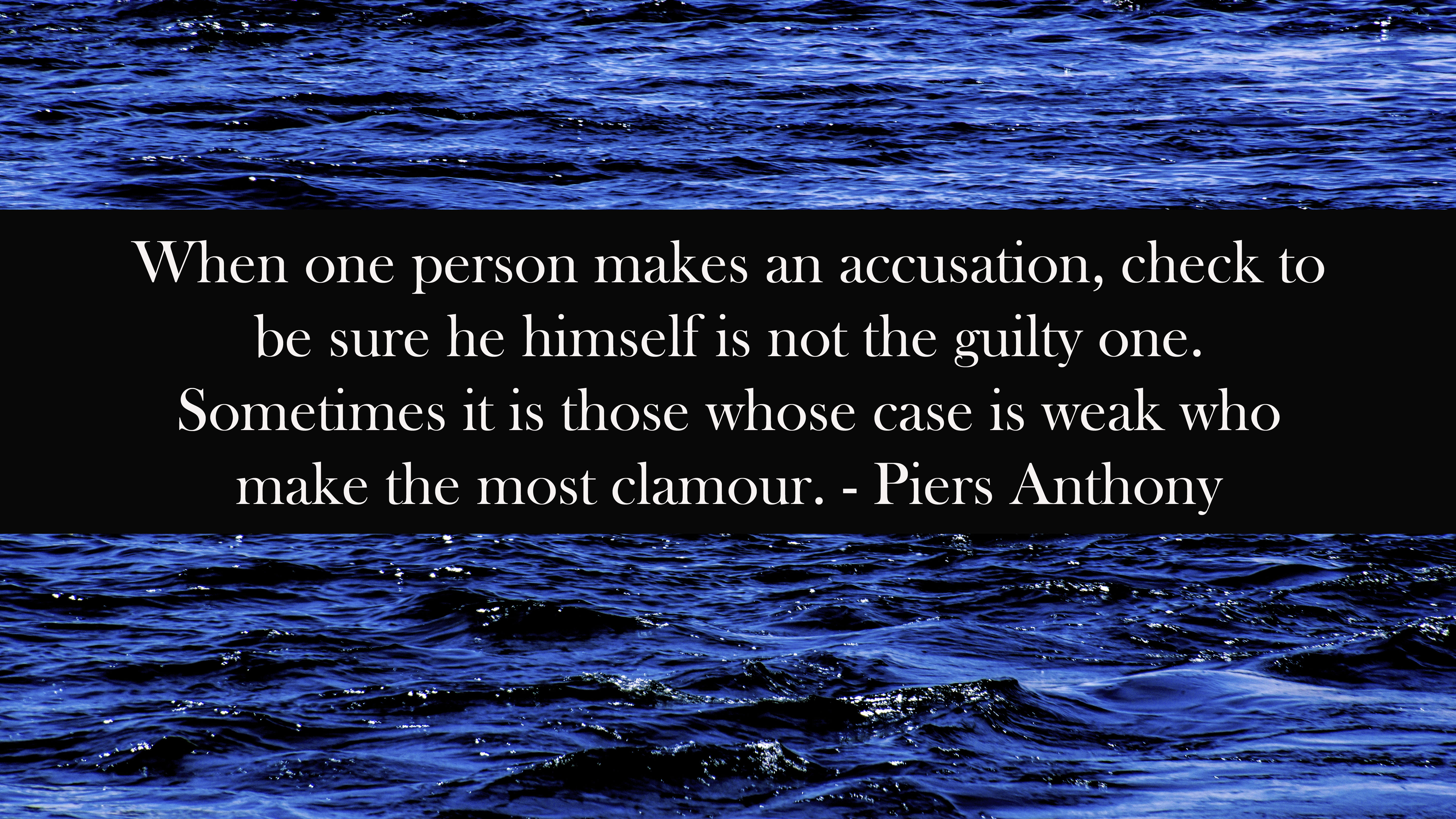


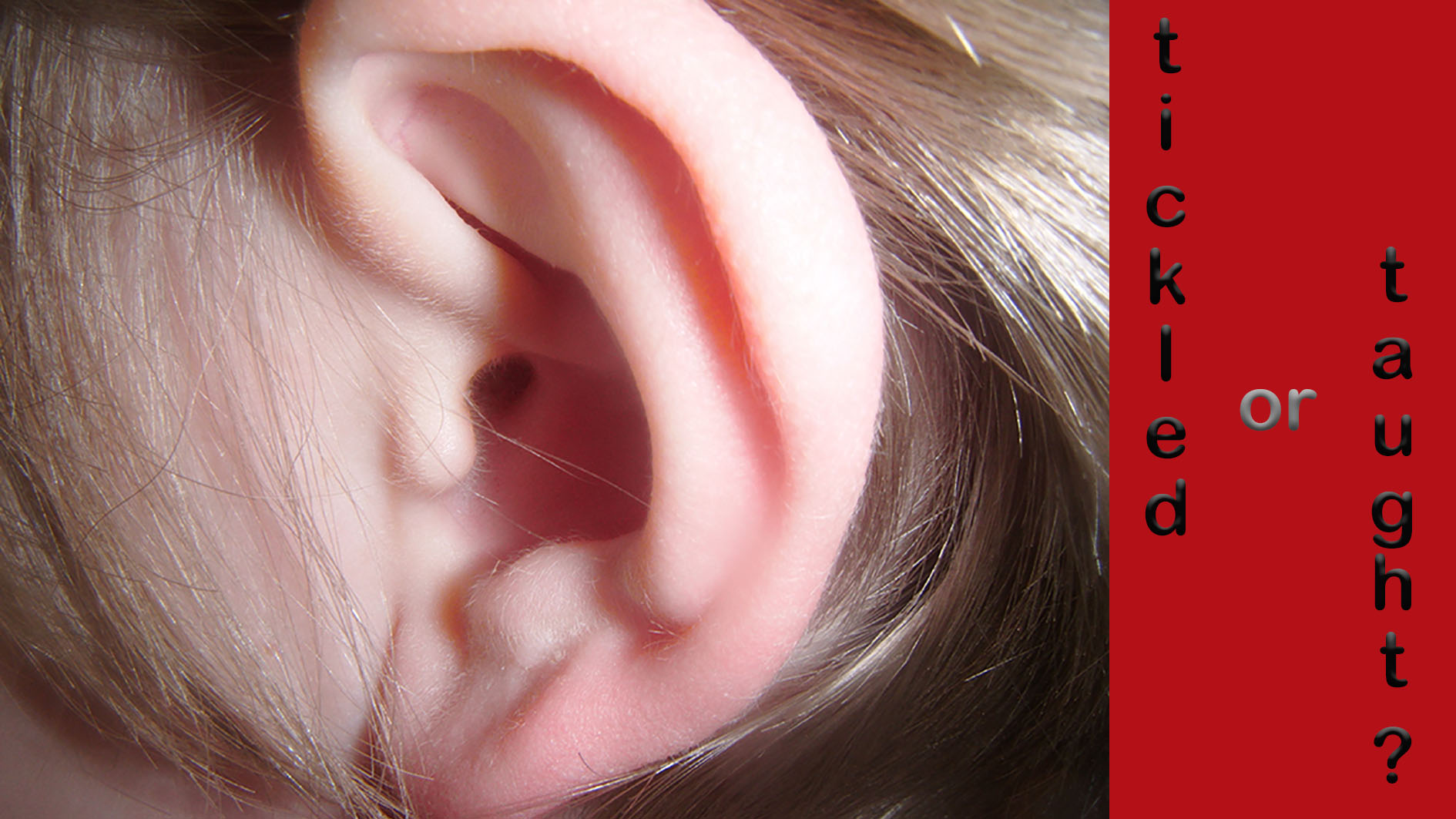
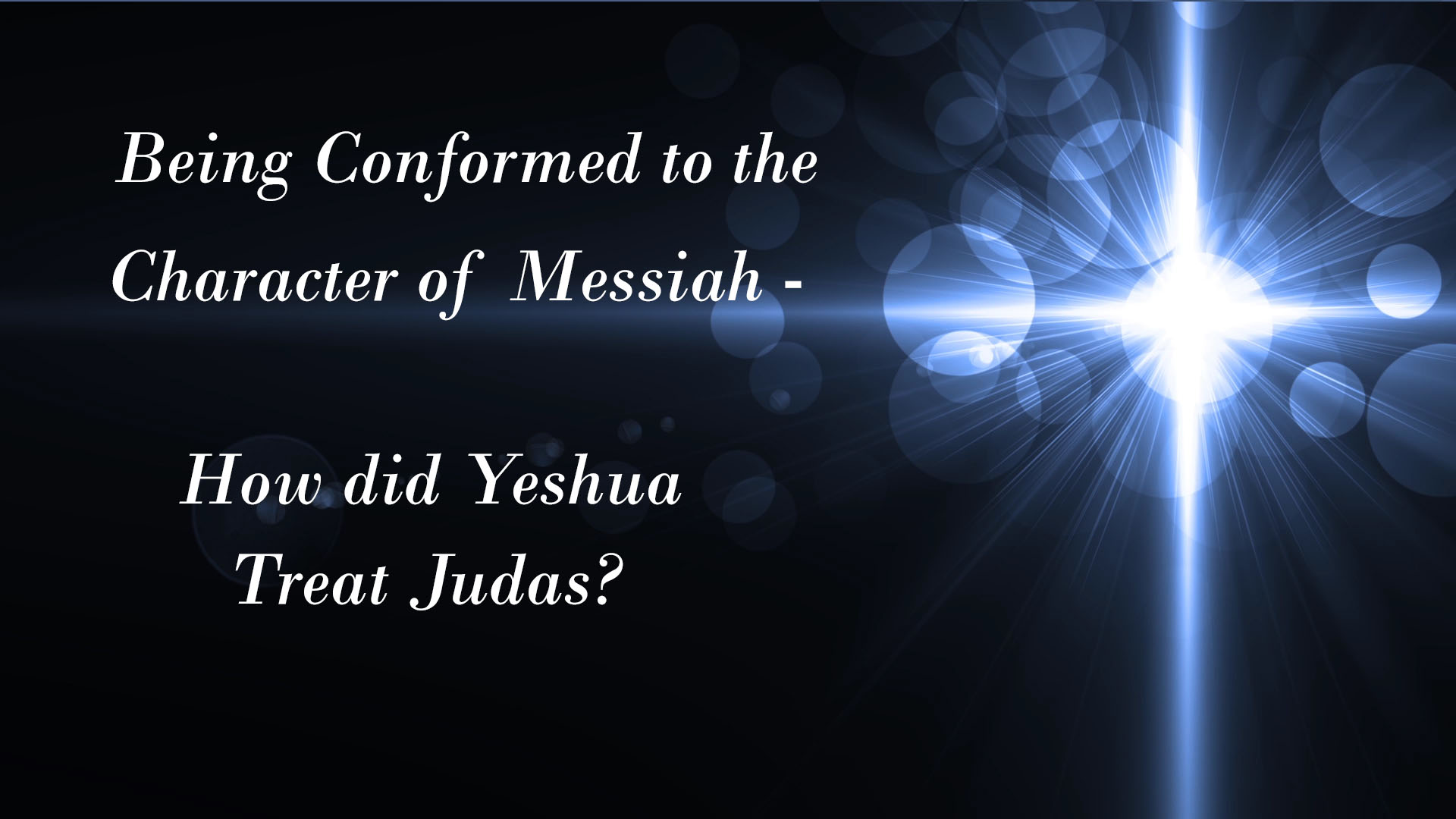

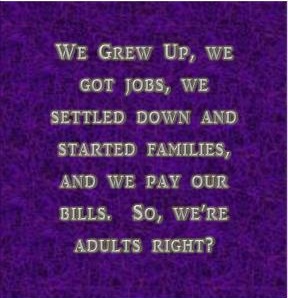














Amen!!!!!